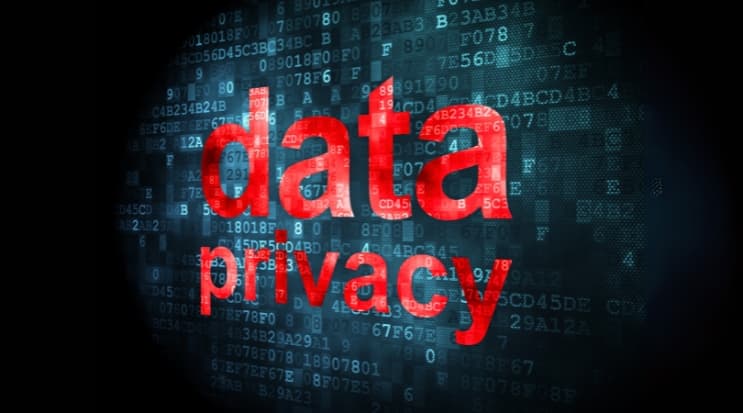
Data Protection and Privacy: Legal Insights, Best Practices, and Evolving Global Standards
As data breaches surge globally, legal experts underscore the critical role of regulatory compliance, privacy laws, and strategic protection frameworks in safeguarding sensitive information.
In today’s data-driven world, the terms data protection and data privacy have become more than IT concerns—they are legal imperatives. While the former refers to technical safeguards, the latter defines access rights under various privacy laws, including the GDPR, HIPAA, and newer frameworks such as India’s DPDP Act.
From personal health information (PHI) to personally identifiable information (PII), businesses are now legally obligated to uphold standards that protect data throughout its lifecycle. Failing to do so can trigger significant regulatory fines, reputational damage, or even criminal liability in some jurisdictions.
Legal Commentary
Advocate Sunil Ambalavelil, Partner at NYK Law Firm, explains:
“Data privacy is now a fundamental right in many jurisdictions. With global regulations becoming increasingly stringent, organisations must not only secure data but also prove compliance. Legal documentation, impact assessments, and ongoing audits are no longer optional, they are enforceable obligations.”
Echoing this, Senior Advocate at Kaden Boriss, adds:
“Businesses often underestimate the complexity of cross-border data flows. The legal risk isn’t just about where the company is based, but where the data originates, where it's stored, and where it's accessed. Legal teams must align with IT to ensure data protection strategies meet both operational and statutory requirements.”
Key Legal and Technical Concepts
-
Data Protection vs. Data Privacy
-
Data privacy governs who can access data.
-
Data protection refers to how that access is restricted.
-
Legal compliance requires both policies (privacy) and enforcement mechanisms (protection).
-
Major Privacy Laws
-
GDPR (EU): Requires lawful processing, user consent, data minimization.
-
HIPAA (US): Protects PHI within healthcare.
-
DPDP Act (India): Introduces data principal rights and cross-border rules.
-
CCPA/CPRA (California): Grants consumers rights to access, delete, and opt-out of data sales.
Data Protection Technologies and Legal Best Practices
-
Data Discovery & Classification: Identify legal exposure by knowing what data you hold.
-
Encryption & Tokenization: Required under most privacy laws for secure transmission and storage.
-
Zero Trust Architecture: Legally aligns with principles of access minimisation.
-
Immutable Backups: Important for proving data integrity in court or during regulatory audits.
-
Disaster Recovery Plans: Legally advisable for operational continuity and to avoid liability during cyber events.
Legal Risk Areas
-
Cross-border data transfer: Subject to sovereignty issues and regulatory mismatch.
-
Employee data usage: Increasing scrutiny under employment law and labor regulations.
-
Third-party vendors: Companies are liable for breaches caused by unvetted processors.
Global Trends in Privacy and Legal Compliance
-
Ransomware & Immutable Storage: Courts are starting to recognise immutable backups as a benchmark in cybersecurity negligence claims.
-
AI & Data Use: Regulatory guidance is emerging on AI-generated profiling and the use of behavioural data.
-
Data Portability: Now a legal right in many countries; lack of mechanisms may be seen as anticompetitive.
Legal Best Practices Checklist
-
Maintain written data protection policies
-
Appoint a Data Protection Officer (DPO) or equivalent
-
Conduct regular legal compliance audits
-
Include privacy terms in contracts, especially for vendors
-
Keep breach notification plans aligned with regulatory timelines
-
With data regulations tightening worldwide, the collaboration between IT security professionals and lawyers is more crucial than ever. A solid data protection strategy backed by legal expertise ensures not only compliance but also trust, resilience, and reputation.
For any enquiries or information, contact info@thelawreporters.com or call us on +971 52 644 3004. Follow The Law Reporters on WhatsApp Channels